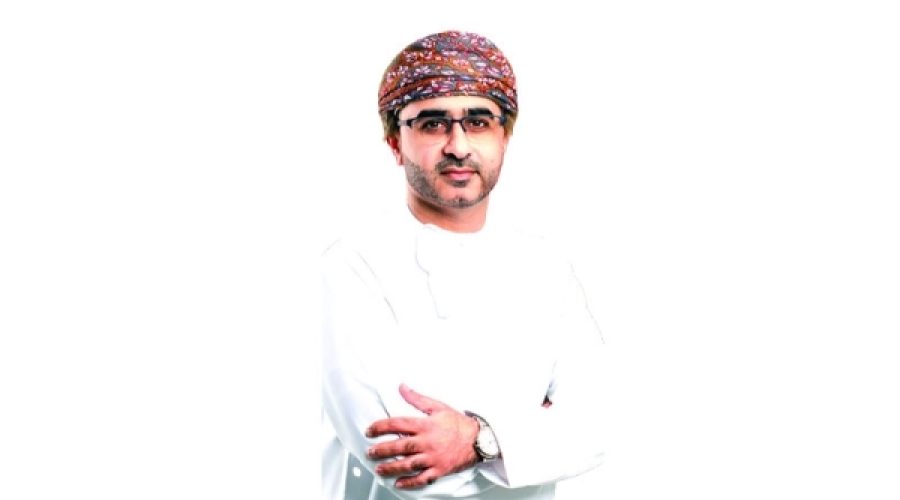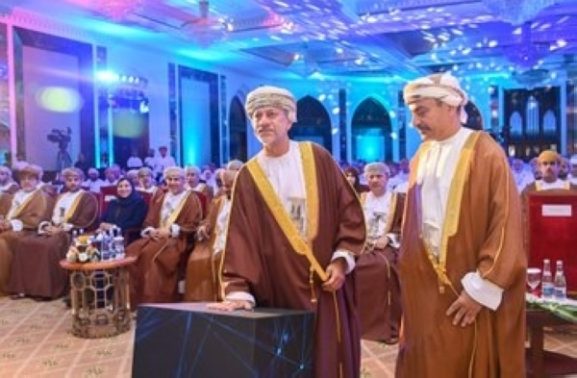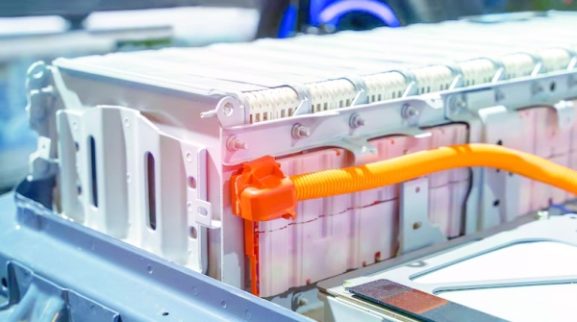جلسه دقم ناو: چگونه رسیدگی به تقاضاهای بازار سبز میتواند به نفع کسب و کار شما در عمان باشد
مدیرعامل بانک توسعه در پنل اقتصاد چرخشی دقم ناو سخنرانی خواهد کرد
مسقط، ۱۰ سپتامبر – حسین اللواتی، مدیرعامل بانک توسعه، قرار است در میزگرد اقتصاد چرخشی دقم نو شرکت کند. چهارشنبه، ۱۷ سپتامبر، در هتل کراون پلازا در الدقم. جلسه عصر، که از ساعت ... آغاز میشود. ۱۹:۳۰، چهرههای برجستهای از دولت، امور مالی و صنعت را گرد هم خواهد آورد تا بررسی کنند که چگونه عمان میتواند خود را به عنوان رهبر در اقتصاد چرخشی جهانی معرفی کند.
دکتر عایشه الصریحی، مشاور محیط زیست وزارت اقتصاد، و دکتر محب الهنایی، معاون رئیس جمهور در امور پایداری و اقتصاد چرخشی در نمایشگاه البعه، به اللواتی در این میزگرد ملحق خواهند شد. این بحث توسط طلال الشهری، مدیر ایستگاههای رادیویی تخصصی در وزارت اطلاعات، اداره خواهد شد.
این میزگرد در برههای حساس برگزار میشود، زمانی که مفهوم اقتصاد چرخشی در حال ورود به جریان اصلی است. برای صادرکنندگان و تولیدکنندگان عمانی، پایبندی به اصول اقتصاد چرخشی به طور فزایندهای به یک پیشنیاز برای دسترسی به بازار تبدیل میشود. با توجه به اینکه سازوکار تعدیل مرز کربن اتحادیه اروپا در حال حاضر در مرحله اول خود قرار دارد و گذرنامههای دیجیتال محصول در راه است، شرکتهایی که نتوانند تولید کمانتشار و با بهرهوری منابع را نشان دهند، ممکن است از بازارهای مهم حذف شوند.
اللواتی تأکید کرد: «بانکها نمیتوانند در حاشیه بمانند. مدلهای تأمین مالی باید خود را تطبیق دهند تا اطمینان حاصل شود که کسبوکارهای عمانی نه تنها با مقررات در حال تحول مطابقت دارند، بلکه از فرصتهای بالقوه در بازیافت، بازسازی و بهرهوری منابع نیز بهرهمند میشوند.»
روندهای جهانی، فوریت این تغییر را تشدید میکنند. بانک جهانی پیشبینی میکند که میزان زبالههای جهانی تا سال ... تقریباً دو برابر خواهد شد. 2050 مگر اینکه عادات مصرفی اصلاح شوند. گرایش قابل توجهی در بین مصرفکنندگان به سمت محصولات پایدار وجود دارد و سرمایهگذاران به طور فزایندهای خطرات اقلیمی و نظارتی را در سبد سرمایهگذاری خود لحاظ میکنند. مقررات اروپا در مورد کربن و برچسبگذاری زیستمحیطی در حال حاضر بر پویایی زنجیره تأمین تأثیر میگذارد.
برای عمان، تأثیرات فوری هستند. صادرکنندگان به اروپا، به ویژه در بخشهای انرژیبر مانند آلومینیوم، فولاد و کود، برای کاهش هزینههای قابل توجه مرزی، به دادههای تأیید شده انتشار گازهای گلخانهای نیاز دارند. با این حال، پذیرندگان اولیه مدلهای کسبوکار چرخشی ممکن است مزایای قابل توجهی بیابند، زیرا این مدلها میتوانند منجر به بهبود کارایی و ایجاد جریانهای درآمدی جدید شوند.
موسسات مالی در سطح جهان در حال حاضر حمایت خود را در این حوزه افزایش دادهاند. بانک سرمایهگذاری اروپا میلیاردها دلار در پروژههایی سرمایهگذاری کرده است که شامل بازیافت پلاستیک و صنایع زیستی میشود. وامدهندگان تجاری نیز شروع به پیوند دادن شرایط اعتباری با پیشرفتهای قابل اندازهگیری در پایداری زنجیره تأمین کردهاند.
اللاوتی خاطرنشان کرد: «چرخهای شدن چرخه تولید صرفاً به کاهش ضایعات مربوط نمیشود. اقتصاد جهانی توسط مصرفکنندگانی که خواستار محصولات سبزتر هستند و توسط شرکتهایی که میتوانند این انتظارات را برآورده کنند، در حال بازتعریف است. برای صنایع عمانی، رقابتپذیری اکنون به برآورده کردن این خواستهها و ایجاد اعتماد در بازارهای بینالمللی بستگی دارد.»
The اکنون دقم این ابتکار شامل مجموعهای از رویدادهای رهبری فکری است که توسط SEZAD سازماندهی شده است و هدف آن برجسته کردن نقش محوری الدقم در شکلدهی به آینده اقتصادی عمان است.
تحلیل ویژه از عمانت | بازار عمان را کشف کنید
میزگرد آتی دقم اکنون لحظهای سرنوشتساز را به تصویر میکشد کسب و کارهای عمانی در آغوش گرفتنِ اقتصاد چرخشی، که باعث سازگاری فوری با خواستههای جدید بازار میشود. با مقررات اروپایی با سختگیری بیشتر در مورد انتشار گازهای گلخانهای و پایداری، تأثیر قابل توجهی وجود دارد ریسک برای صادرکنندگان در بخشهای انرژیبر، در صورت عدم رعایت. سرمایهگذاران و کارآفرینان هوشمند باید اکنون بر شیوههای پایدار نوآورانه تمرکز کنند، زیرا پذیرش زودهنگام نه تنها میتواند خطرات را کاهش دهد، بلکه میتواند آنها را نیز آزاد کند. جریانهای درآمدی جدید در بازار جهانیِ در حالِ تحول.



